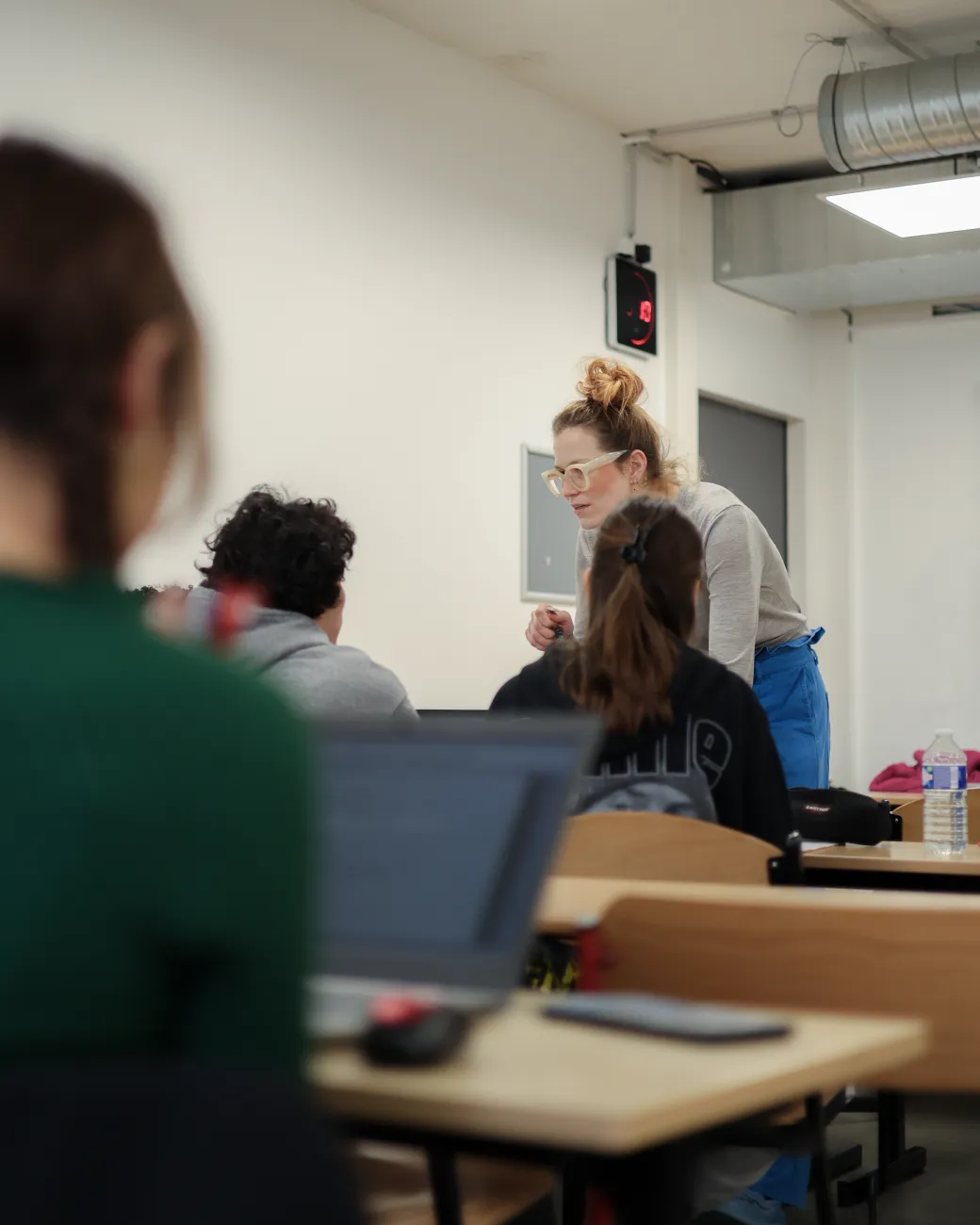Course content and active learning
Can you tell us more about the module you teach at Paris School of Business? What types of exercises or practical activities do you use?
The module is divided into several parts:
First, we cover the history of contemporary music, its technological developments, and its key movements. This provides a chance to review major genres like jazz, blues, rock, electronic, rap, etc., along with their iconic artists.
Then, students explore the social and political context of music through workshops and debates. Can everything be said through music? What about freedom of expression? Should politics be part of music? The goal is to raise awareness that music is deeply political—that every time we listen to a song, we’re making a choice and taking a stance.
As part of this, they work on current rap lyrics, decode the messages, and produce a podcast on the topic. Example themes include misogyny, self-assertion, social success, etc.
Students then dive into the music ecosystem, its stakeholders, and how the industry is structured. This helps them grasp the economic landscape and build a typical event budget (costs and revenues).
Finally, we address CSR topics and the prevention of discrimination, violence, and sexual harassment through the lens of contemporary music. These are highly relevant issues in the music industry—and in society at large—and I believe they’re essential for students to understand, both for their personal growth and professional future.



